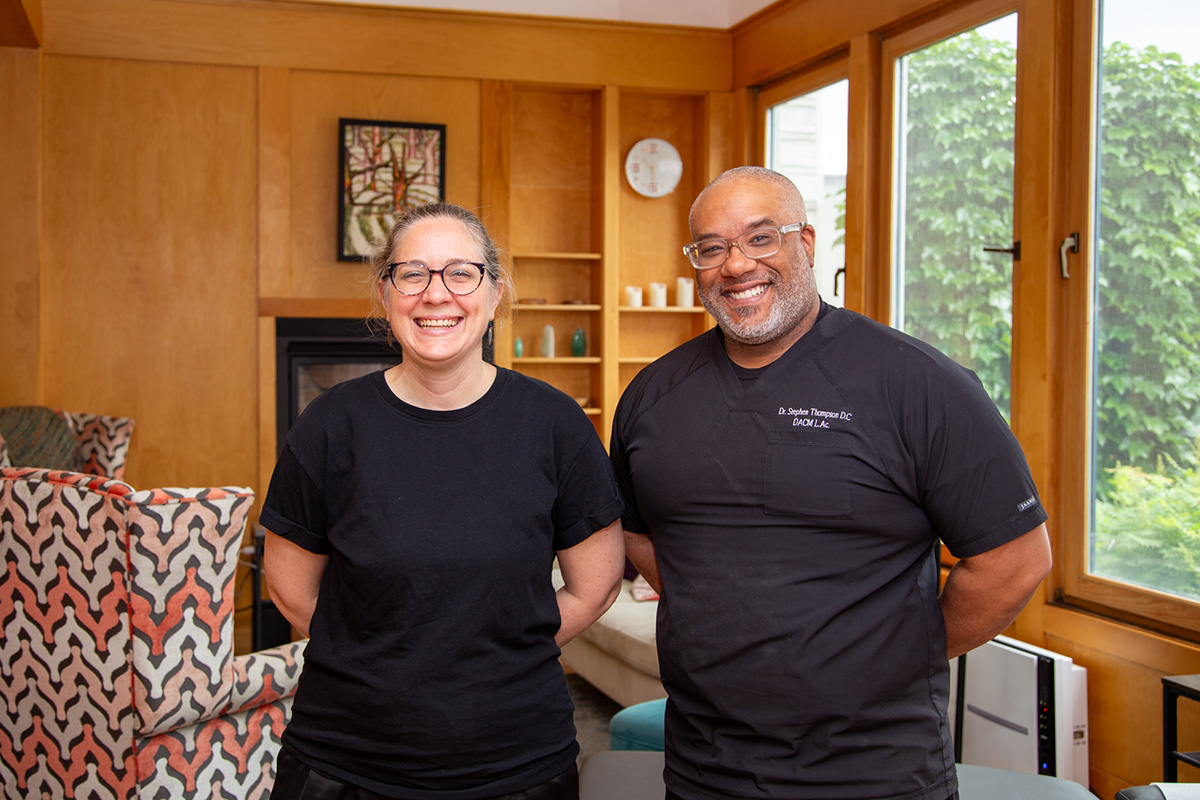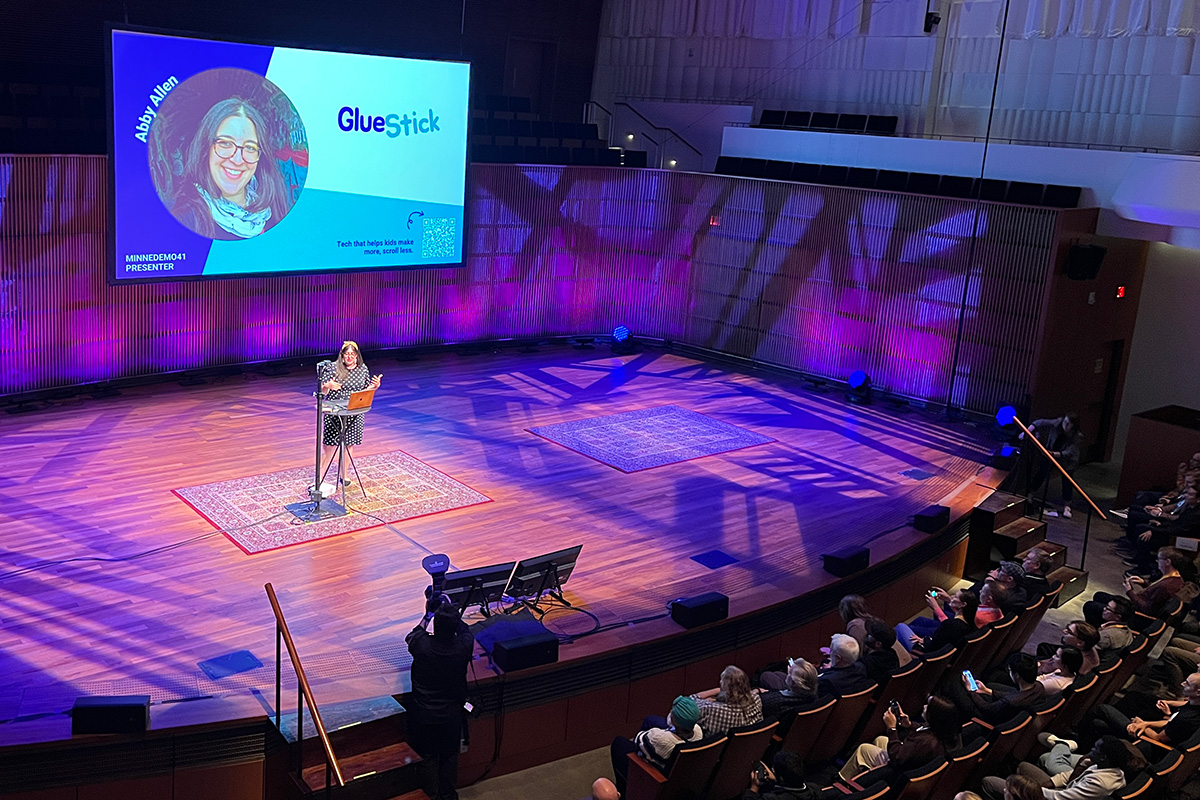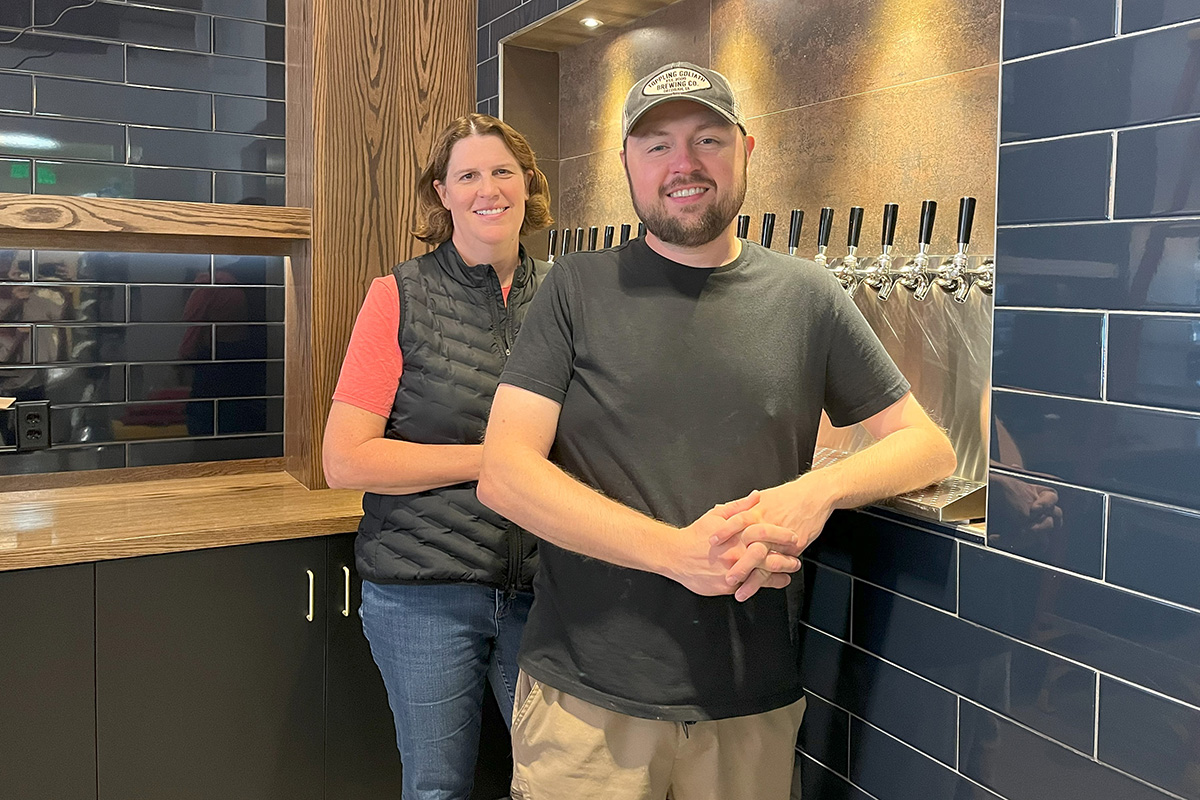
Odigo Wellness navigates a 'harrowing' real estate purchase with Elevate Hennepin support
When the four co-owners of Odigo Wellness came together to start the business, they were like a lot of small business founders. They didn’t have a lot of money, none of them had formal business training, and they had grand plans to build a cooperative wellness business.
The four cofounders—Dr. Marakah Mancini de León, Dr. Stephen Thompson, Tato León de Mancini, and Dr. Michele Renee—have nearly 100 years of wholistic medicine experience. Their vision was a comprehensive practice for integrative care for diverse communities that also offered practitioners a high-quality working environment. They knew from years of experience and many twists in their careers, their best shot to create a business that was also affordable in the long term would be buying a building instead of renting.
Buying a commercial building, of course, meant pulling together a significant amount of money and wellness practitioners don’t generally have big bank accounts. Quickly it became clear that finding alternatives to traditional banks would be necessary. Getting a consultant to help navigate that especially complex world was also monetarily out of reach, so they turned to Elevate Hennepin.
They found no-cost legal support and insight to help them through the process. Cofounder Marakah said they worked closely with Miluska Novota, Elevate Hennepin advisor and principal attorney at Hortensia Law Office. Ultimately, they were able to acquire a building near the intersection of Hennepin Avenue and 31st Street in Uptown Minneapolis, but it was not an easy process.
“I would not be sitting here today in this beautiful treatment room in this beautiful building and serving clients without her guidance,” said Marakah.
At their first meeting, Miluska did not mince words.
“She said, ‘It's going to be harrowing, but we can do it,’” said Marakah. “We went back to that phrase over and over through the process because it was truly harrowing.”
Marakah said it was five months of intense documenting, negotiations, and a mountain of paperwork. In that short amount of time, the team needed to prepare for financing, secure that financing, negotiate the sale of the building, close, and then get to work.
Marakah said Miluska drove the whole process and kept the Odigo owners on track through the entire process.
“She knows that process every which way. She was very transparent and it was extremely rare for her not to answer our questions quickly,” said Marakah. “And when there was a change in plan for this reason or that, then we updated the plan and we just kept tweaking it.”
Miluska said it was a complex project with key milestones and required staging multiple funding partners so others could follow. For instance, she helped one of the co-founders, Dr. Stephen Thompson, get a low-interest loan from Minneapolis dedicated to helping entrepreneurs of color. That money helped other traditional banks come in with further financing because the owners were able to put up more money that they normally would.
That was just one part of the money necessary to buy the building.
“We built a financing stack that consisted of equity and grants, loans, technical assistance, and forgivable loans from the following funders: Vision Bank, Fortis Capital, the City of Minneapolis, Hennepin County, and Lake Street Council. We were able to provide legal advice throughout the process for negotiations, due diligence, and drafting of purchase documents, leases, and corporate documents,” said Miluska, summing up the work.
She credited the Odigo Wellness founders with making it all happen, but said she was happy to lean on the advice and expertise of fellow community development funders and her knowledge of the funding landscape to move things along. It was also very helpful to work with Emily Kosokar, an expert commercial real estate agent.
“The benefit of working with Elevate Hennepin advisors was being able to access knowledge of how underwriting, deadlines, and requirements work for each funding source,” said Miluska. “Not all funding sources fit a project well. For example, the interest rate may be too high, or the application deadlines may not fit the project schedule.”
Marakah credits Miluska with making it work on their short timeline.
“The support that we've gotten is exceptional. It was a very complicated puzzle that we could have never figured out,” said Marakah. “Maybe we could have, but it would have taken us five years instead of five months.”
She said she's just starting to work with other advisors to hone operations, marketing, and complete some legal work to keep going. Entrepreneurs looking for legal guidance can connect with Miluska and Hortensia Law Office today, or see how Elevate Hennepin offers legal support.
Show all resources
Get connected to professional resources, tools, and guidance from business experts.
Schedule a consultation
Meet one-on-one with a Business Navigator to assess your best next step.
Real businesses, real stories.

Elevate update: Successful pivots for Gluestick
Abby Allen, founder of Gluestick has gone through some big pivots, and she says Elevate Hennepin helped build her skillset to do so.

Ripple Effect: A year of growth, grit and community
Chris Guttormson and Leanne Ritz, co-owners of Ripple Effect Brewing, recently celebrated the one-year anniversary of opening their brewery in Rogers.
Now, they're reflecting on a year in business after working with Elevate Hennepin advisors to get the brewery started.